Energy and Nanomaterials

Fostering Global Leaders who Tackle Global Challenges and Realize a Sustainable Society
Energy and the materials underlying its generation, storage, and utilization, are the foundation of industry and society. There are many issues directly related to people's lives that need to be addressed in order to realize the energy supply necessary for society to achieve sustainable development. Conducting research across diverse academic fields and innovative development are essential to solve these issues. The Unit for Energy and Nanomaterials fosters professionals with a high level of expertise in all areas from nanoscience to energy materials and power systems who will contribute to the creation of new industries related to energy and materials and take on the challenge of realizing sustainable smart life.
ACCOMPLISHMENTS
1 Improving the Quality and Quantity of Education and Research with Joint Appointment Faculty Members, Visiting Faculty Members, and Guests from Abroad
The Unit for Energy and Nanomaterials has pioneered and proactively utilized personnel systems such as the Joint Appointment system and the visiting faculty member system. Every year, we have invited researchers with outstanding achievements from various countries for medium- to long-term joint education and research activities. So far, we have invited a total of 30 researchers from 18 institutions in 12 countries. We have also invited many researchers from abroad for short periods to provide students with international-level education throughout the year. As a result of international joint research and education, students have published many international co-authored papers with researchers from abroad, contributing to the improvement of the quality and quantity of education and research.
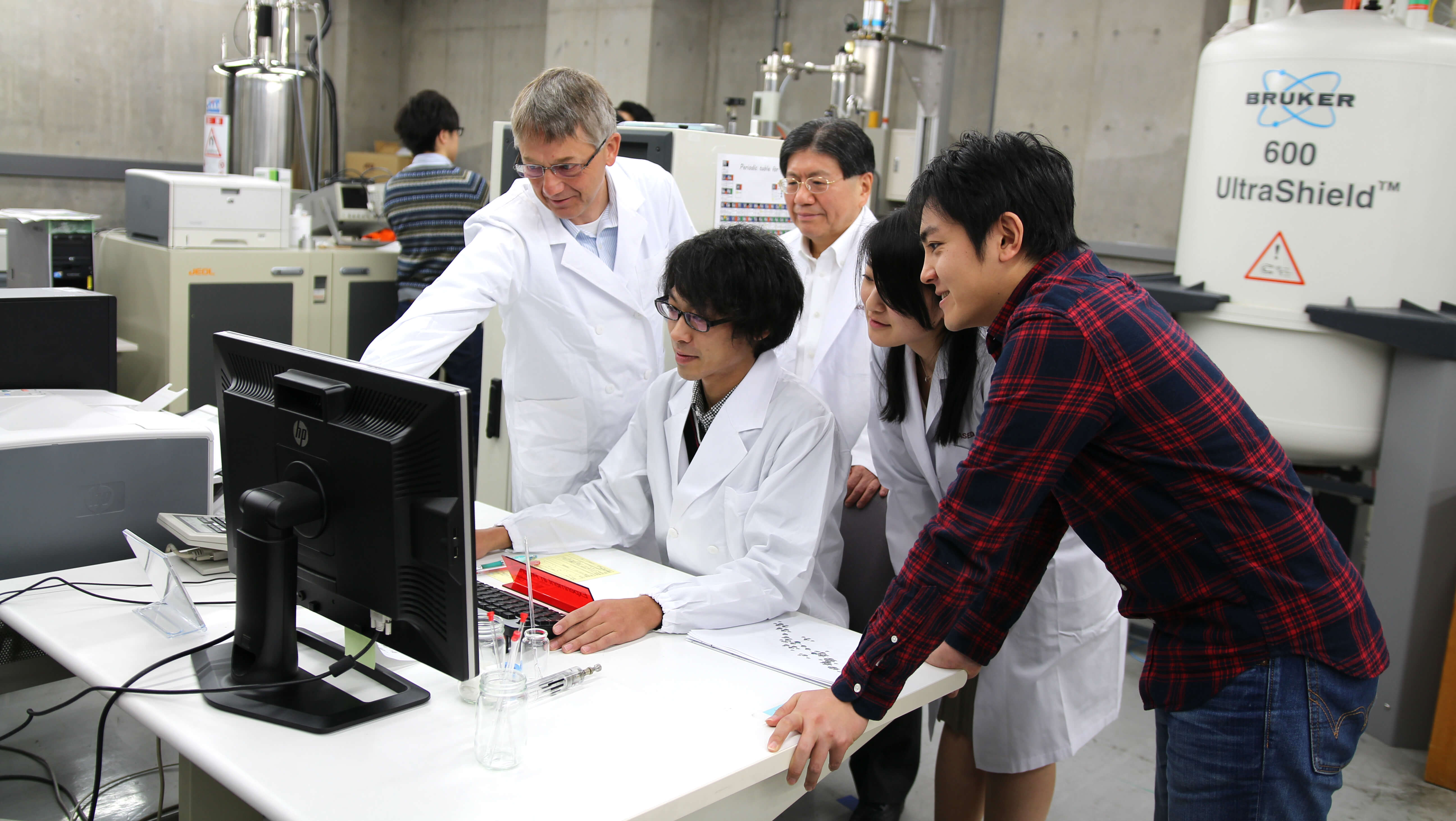
2 Developing and Operating the Joint Supervision Program, an Educational System that Enables International Collaborative Education
The Joint Supervision Program (JS Program) was launched in 2016 for doctoral students. Since its launch, we have concluded agreements with seven universities (nine organizations) to implement the JS Program. Students who participate in the Program will stay with joint supervisors at overseas partner universities for three months or more and work on their research projects to write doctoral dissertations under the research guidance of their joint supervisors. To date, students from Australia and Taiwan who received guidance at Waseda University and six Waseda University students who received guidance at overseas partner universities have been awarded a certificate of completion for the Program. The JP Program was initially launched with the aim of developing it into a more advanced program such as Cotutelle or Double Degree Program. As a result, an agreement was signed with National Taiwan University for the Cotutelle Program in 2023. Therefore, this Program has contributed to promoting and enhancing collaboration between universities through dispatching and accepting students.
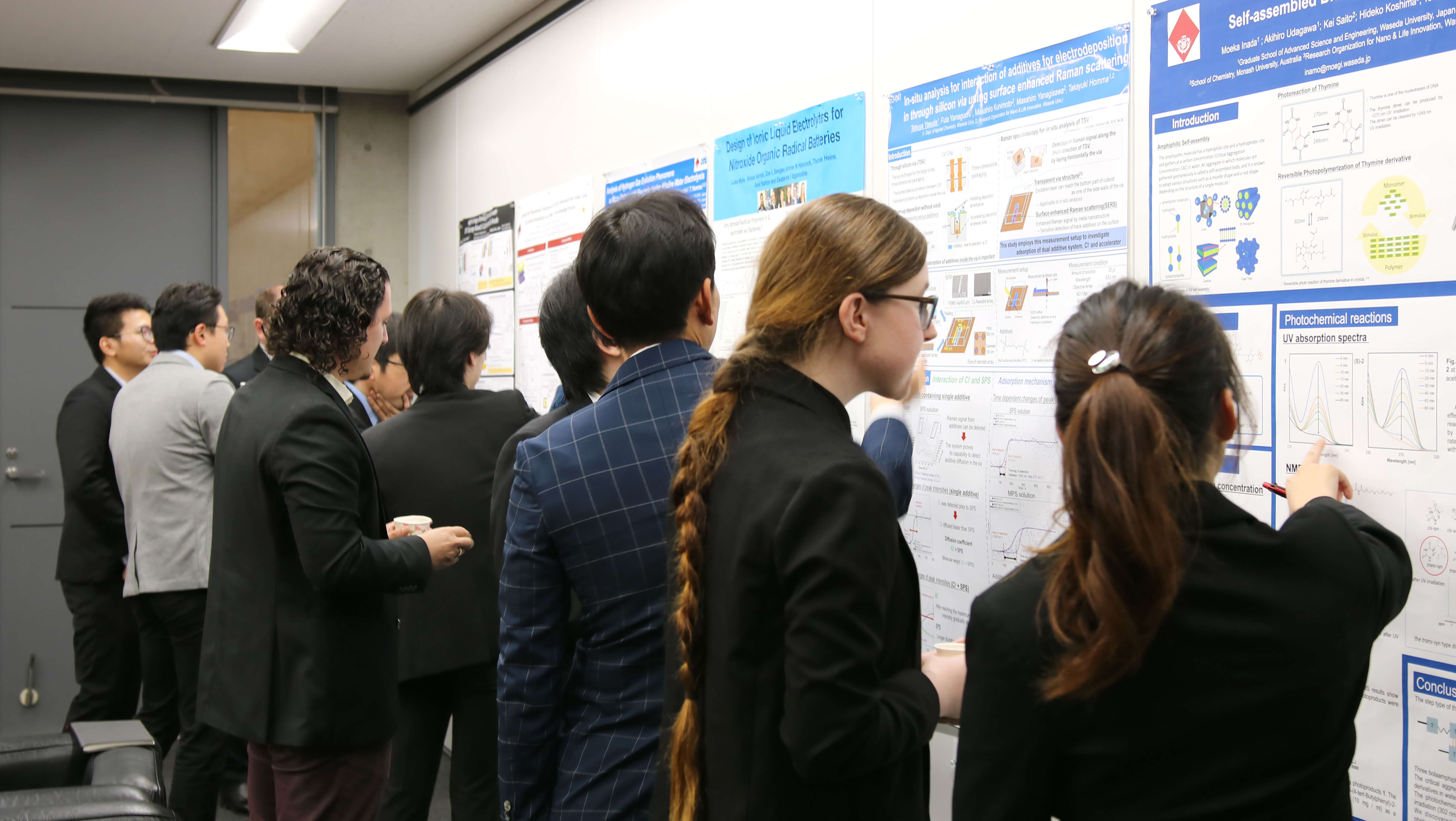
3 International Education and Research Exchange Bringing About Mutual Benefits and Development Through Joint Symposia and Workshops
Joint events with overseas partner universities have continued to be held alternately at Waseda University and overseas universities. For example, in joint workshops with JS Program partner universities, faculty members and students on both sides introduce their research to each other to examine the affinity of research themes and seek matching opportunities for joint education and research. The relationships with these partner universities have deepened and evolved year by year. In addition, by providing students with many opportunities to present and discuss their research in such an international environment and to engage in international exchanges in a variety of settings, we have contributed to the development of human resources with a diverse and international perspective, and the ability to play an active role on the international stage.
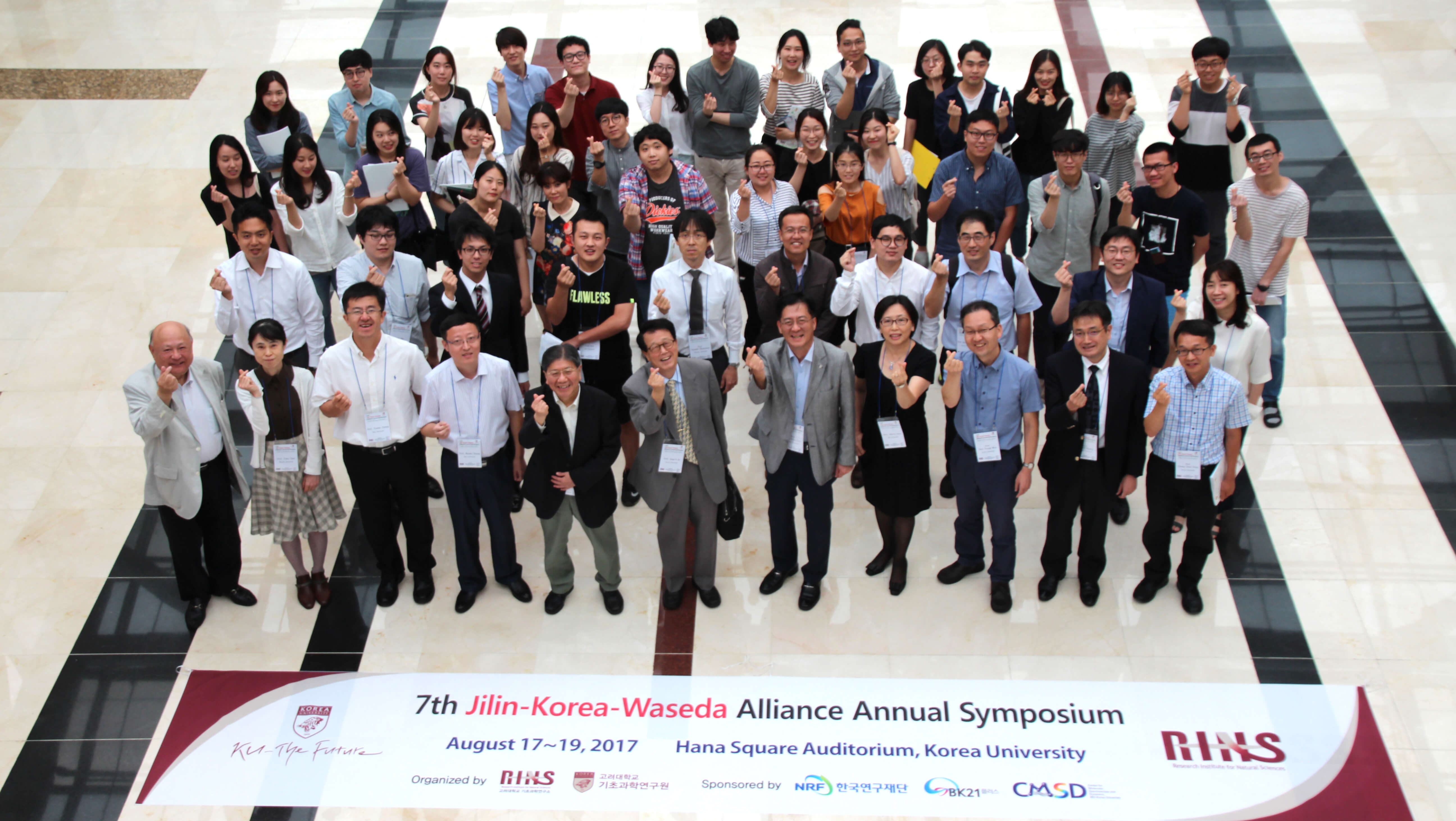
4 Writing International Co-authored Papers with Overseas Partner Institutions and Publishing Papers in Leading International Journals
The Unit for Energy and Nanomaterials has been actively working toward the goal of “publishing papers in leading international journals with an Impact Factor (IF) rating of 10 or higher.” As a result, the number of papers by unit members has increased more than 2.5 times over the past five years, and the number of citations has dramatically increased by more than 1.6 times since the beginning of the project. The remarkable increase in the number of international co-authored papers is a complementary result of educational and research activities with Joint Appointment faculty members, visiting professors, and guests from abroad, as well as the promotion of high-quality collaborative activities such as joint symposia, workshops, and other activities. This has contributed to improving the presence and international reputation of the Unit.
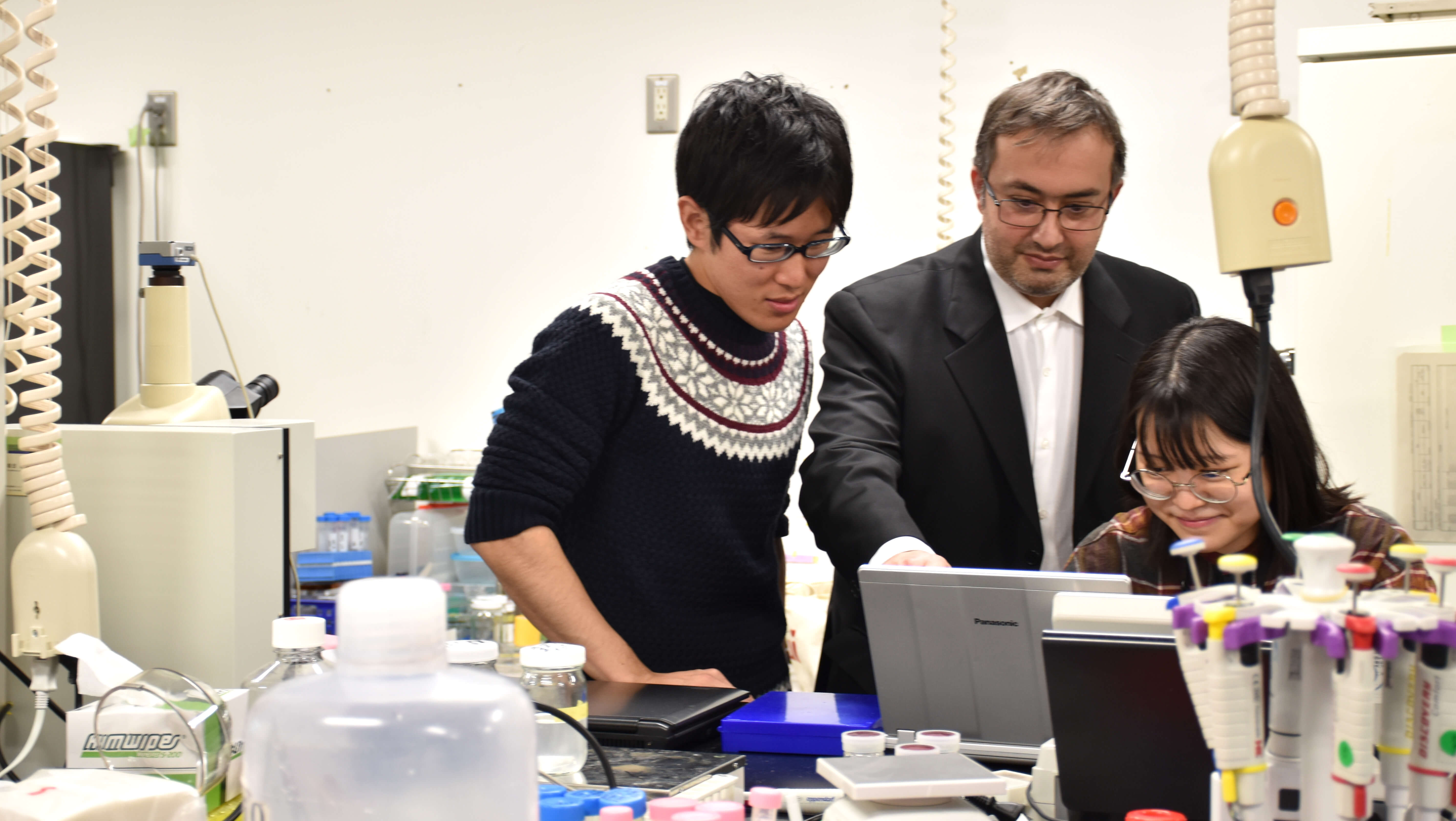
5 Increasing External Funding by Strengthening Research Capabilities
The amount of external funding received by the unit members has reached approximately 4 billion yen per year, accounting for just over 25% of the total research funding received by the University as a whole. The amount of external funding has steadily increased each year and has grown 2.4 times since the project began. This indicates that the research capabilities of the unit members have improved through the activities in this project, and that the amount of competitive external funding and research projects commissioned by industries has increased significantly. We are striving to maintain and improve the quality of the research and educational environment and to produce results by promoting joint research with students and researchers from abroad, which produces a virtuous cycle of implementing new projects and expanding networks.
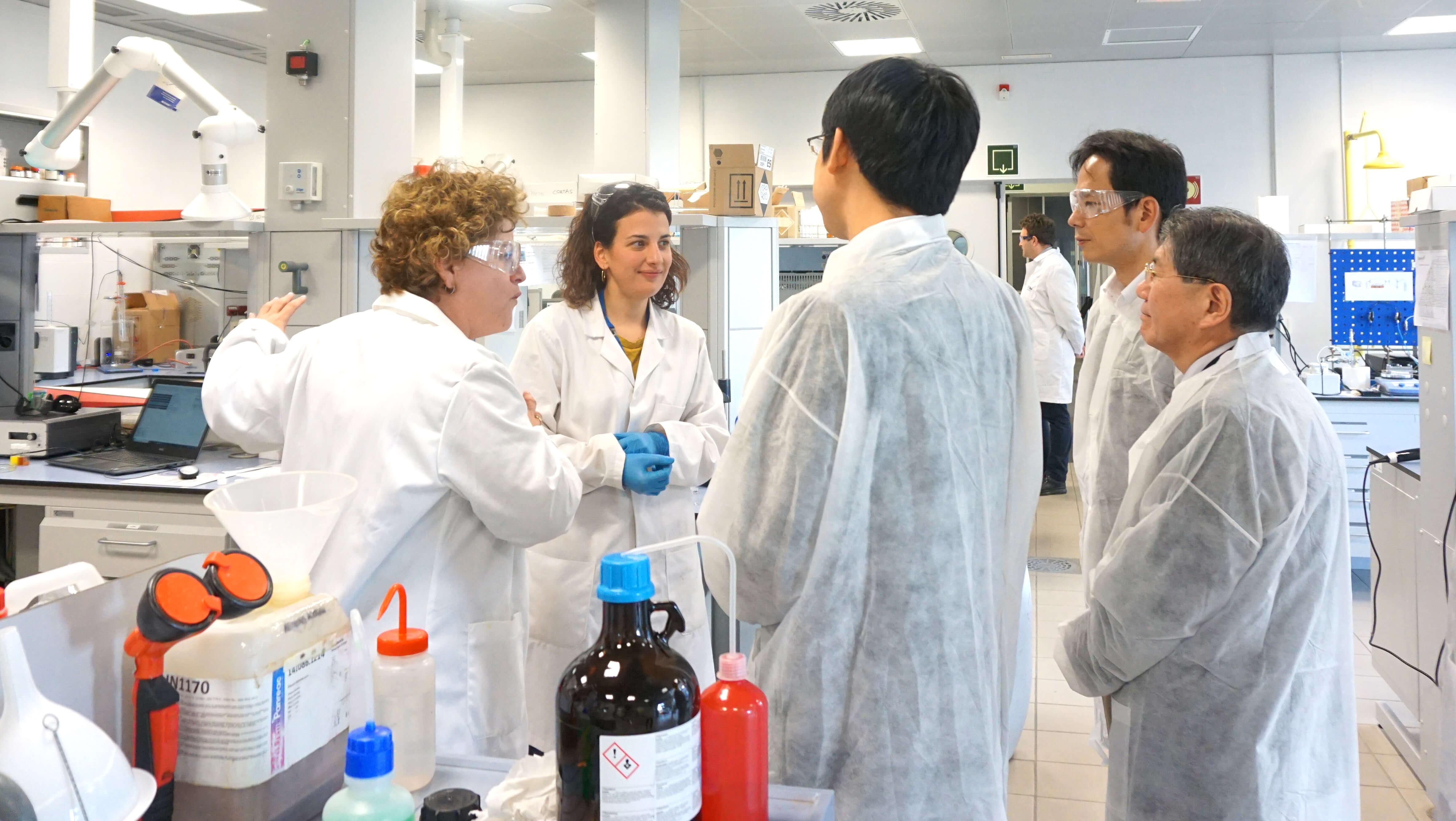
GLOBAL RELATIONSHIPS
- Uppsala University
- Virginia Polytechnic Institute and State University
- Free University of Brussels (Université libre de Bruxelles: ULB)
- University of Bonn
- Monash University
- Korea University
- National Taiwan University
- DGIST(Daegu Gyeongbuk Institute of Science and Technology)
- Aachen University of Applied Sciences
- Argonne National Laboratory
OUR LAST SYMPOSIUM
In academic year 2023, the final year of MEXT support period, we held a series of symposia to highlight the successful outcomes to date in the unit. The following is a report of the symposium.
MOVING FORWARD
Maintaining and Developing Collaborative Relationships with Overseas Partners
We will carry out effective activities to maintain and develop the collaborative relationships that have been built with universities and institutions through faculty and student exchanges in the TGU project, especially those that have developed to the point of concluding agreements. In addition to sending and receiving students to and from our partner universities, we will continue to hold joint events such as joint symposiums to build diverse and multilayered connections between organizations.
Build on the Cultivated Partnerships to Pursue External Funding
To continue exchanges with overseas partner universities and research institutions, we will actively pursue external funding for student and researcher travel, as well as for international collaborative research initiatives. We will also strategically apply for and leverage grants such as the Japan Society for the Promotion of Science’s International Academic Exchange Program and overseas grants such as the Australian Research Council’s Discovery Project.

